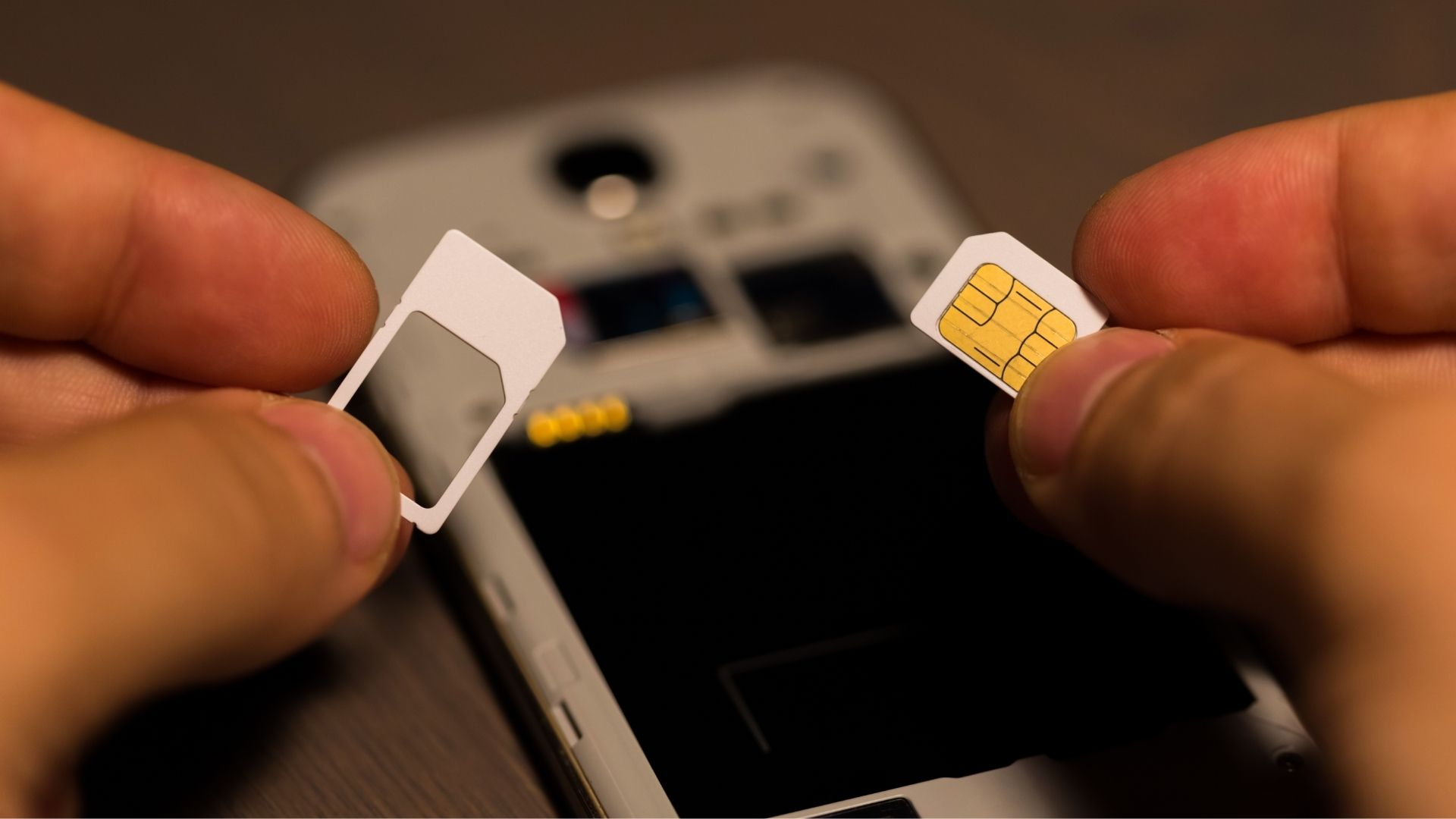
INQUIRER.net stock images
The Senate on Thursday approved on third and final reading a proposed law that seeks to require the registration of subscriber identity module (SIM) cards of mobile phone users in the country, a measure meant to curb the growing use of prepaid mobile lines for criminal activities.
Voting 22-0, senators approved Senate Bill No. 2395, which requires all public telecommunications carriers in the country to register all SIM cards they sell, and to require buyers to submit a registration form and present a valid identification card upon purchase.
Last Dec. 6, the House of Representatives approved on final reading its version of the bill requiring the registration of SIM cards.
“At the core of this measure is the promotion of security in the country. It is timely and fitting given that various technology-aided crimes are rampant in the country today,” said Sen. Grace Poe, chair of the Senate committee on public services.
The bill also seeks to penalize the use of fictitious identities to register SIM cards, “spoofing,” and the unauthorized sale of registered SIM cards.
Poe cited the timely significance of the passage of the law as it was approved by the Senate days after the hacking incident last week where 700 bank accounts in BDO Unibank were breached.
“The measure establishes another layer of security protection for Filipinos which will hopefully deter criminals from perpetrating their wicked plans. It is high time that we beef up our own infrastructures to address these threats to security,” she said.
Privacy protection
Amid concerns on the possible violation of citizens’ right to privacy, Poe assured the public that the measure was crafted with such a right “held at the highest regard,” with the National Telecommunications Commission (NTC) ensuring that the centralized SIM card registry would be carried out in accordance with the Data Privacy Act.
One of the bill’s coauthors, Sen. Sherwin Gatchalian, also lauded the passage of SB 2395, which, he said, came 11 years since the measure was first introduced in Congress.
“Finally, our efforts have paid off. The registered SIM card will enable law enforcers and regulatory agencies to have the means to track and monitor those carrying out wicked schemes and illicit acts,” he said.
According to Gatchalian, the bill, which he first brought up in 2013 as a member of the House of Representatives, was aimed at addressing criminal acts of syndicates and many forms of terrorism, bullying and harassment.
“With the prevalence of online fraud, smishing, phishing and, most recently, the hacking of bank accounts and text scams, the situation demands for a more stringent measure that will discourage the commission of these despicable acts,” he said.
Gatchalian said the looming enactment of a law mandating SIM card registration, whether in its physical or digital form, was “a step forward to create systems for a more secure digital transaction, reduce fraud, provide greater consumer access to e-government services, and create opportunities for mobile e-commerce.”
He said he had earlier pushed for the registration of the emerging digital SIM, or embedded SIM (eSIM), as the Senate committee report version of SB 2395 covered only the traditional SIM cards, or the chip that is physically installed in mobile phones.
2022 implementation
“We have to keep up with the constantly changing technology which appears to come at a rapid pace nowadays. Since the pandemic struck, we’ve seen how cybercriminals become more sophisticated, complex and innovative in their schemes just so they could commit cyberheist and engineered scams,” said Gatchalian, vice chair of the Senate committee on banks, financial institutions and currencies.
The senator expressed confidence that with the passage of the measure by the House, it would be signed before the adjournment of the present 18th Congress and be fully implemented next year.
Under the House version titled “SIM Card Registration Act,” every public telecommunication entity (PTE) or direct seller would require the end-user of a SIM card to present valid identification with a photo to ascertain identity.
Confidentiality clause
The PTE or direct seller must require the end-user to accomplish and sign a control-numbered registration form issued by the respected PTE of the SIM card purchased.
All telcos must maintain a SIM card register of their subscribers and update the Department of Information and Technology Communications every six months.
The measure likewise included a confidentiality clause that prohibited disclosing any information of a subscriber, unless upon subpoena or lawful order from a competent court or written request from law enforcement agency concerning an ongoing investigation, that a particular number requested was used in the commission of a crime.
Failure to comply with the SIM card registration policy gives the telcos the authority to deactivate their services to the prepaid SIM card subscriber automatically.